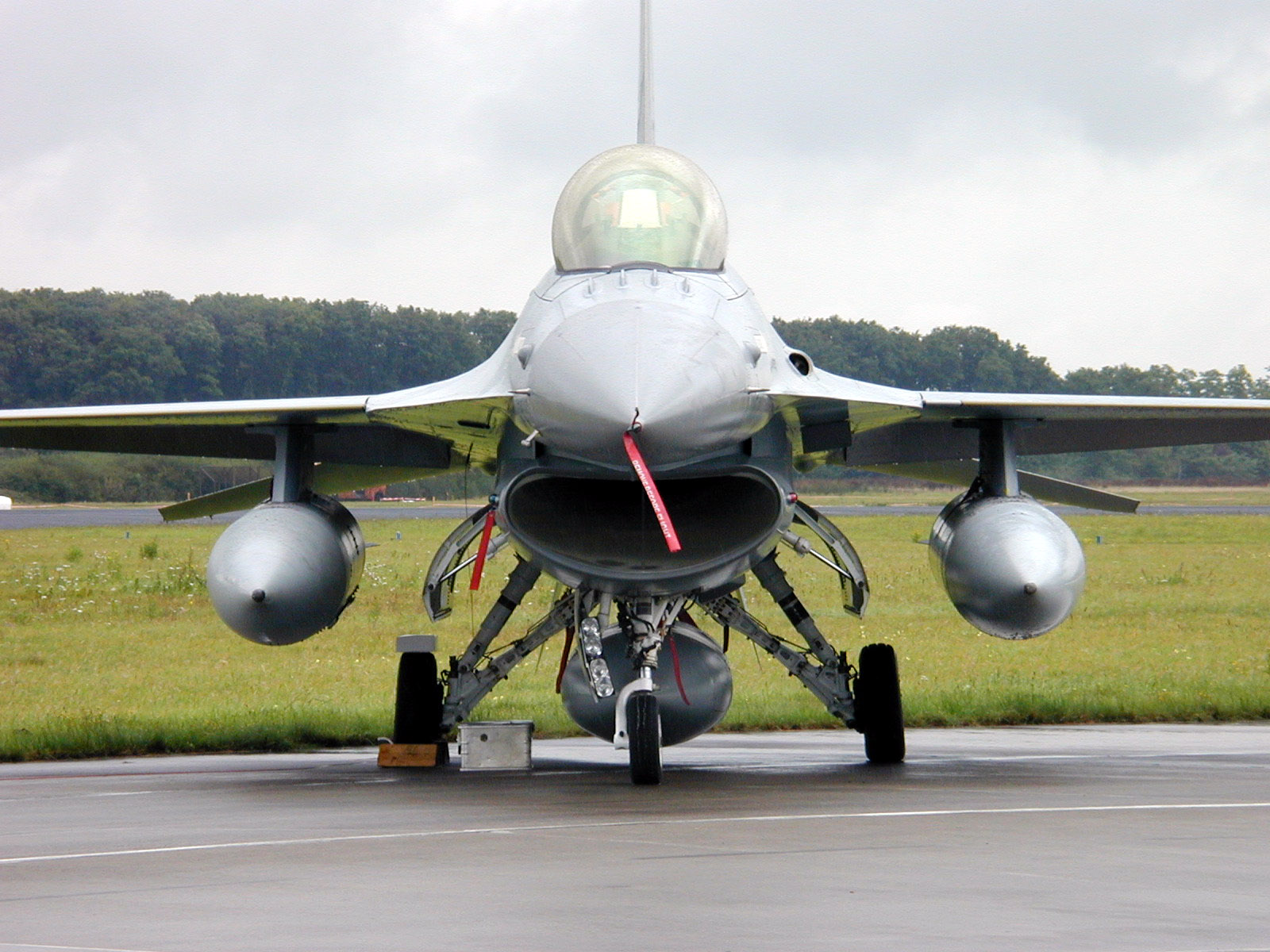Blog entry by Hai New

Jet gas is a specialized kind of aviation fuel designed for use in aircraft powered by fuel-turbine engines. It's a vital component of fashionable aviation, providing the power necessary for flight. This report delves into the composition, sorts, production, and purposes of jet gas, as well as its significance within the aviation business and environmental considerations.
Composition of Jet Gas
Jet gasoline is primarily composed of hydrocarbons derived from crude oil. The precise chemical composition can differ depending on the kind of jet fuel and its meant use. The hydrocarbons in jet fuel sometimes vary from C8 to C16, that means they comprise between eight and sixteen carbon atoms in their molecular structure. The primary elements include alkanes, cycloalkanes, and aromatic hydrocarbons.
Jet gasoline additionally contains various additives to enhance performance and stability. These additives may embody antioxidants, anti-static brokers, and biocides to prevent microbial growth. Moreover, gas system icing inhibitors (FSIIs) are often included to stop ice formation within the fuel system, which may happen at high altitudes the place temperatures are significantly lower.
Kinds of Jet Fuel
There are a number of kinds of jet gasoline, with the commonest being Jet A and Jet A-1. Each are kerosene-primarily based fuels, but they differ slightly by way of specs and temperature properties:
- Jet A: Any such jet gas is primarily used within the United States. It has a flash point of 38 levels Celsius (a hundred levels Fahrenheit) and a freezing level of -40 degrees Celsius (-forty degrees Fahrenheit). Jet A is appropriate for business aviation and is extensively used in turbofan engines.
Production of Jet Gas
The production of jet gas begins with the refining of crude oil. The refining process involves several steps, together with distillation, cracking, and hydroprocessing. During distillation, crude oil is heated, and its parts are separated based mostly on their boiling points. The kerosene fraction, which includes jet gas, is then additional processed to remove impurities and enhance performance.
Hydroprocessing is a vital step in producing excessive-high quality jet gas. It includes treating the kerosene fraction with hydrogen in the presence of a catalyst to remove sulfur and other undesirable compounds. This process not only improves the fuel's stability and efficiency but additionally reduces its environmental influence by lowering the sulfur content.
Purposes of Jet Fuel
Jet gasoline is primarily used in commercial and navy aviation. It powers a variety of aircraft, from small regional jets to massive worldwide airliners. The effectivity and efficiency of jet fuel play a big position within the operational capabilities of airlines, affecting factors resembling range, pace, and gas consumption.
In addition to aviation, jet gasoline has purposes in other industries. For instance, it's utilized in sure army automobiles and tools, in addition to in some industrial processes. The versatility of jet gas makes it a vital vitality supply beyond simply aviation.
Environmental Concerns
The aviation trade is underneath rising strain to scale back its environmental impression, notably in terms of greenhouse fuel emissions. Jet gasoline combustion produces carbon dioxide (CO2), nitrogen oxides (NOx), and different pollutants, contributing to local weather change and air high quality issues.
To handle these concerns, the industry is exploring varied methods, together with the development of Sustainable Aviation Fuels (SAF) and enhancements in aircraft efficiency. SAF has the potential to reduce lifecycle greenhouse fuel emissions considerably, particularly when produced from waste materials or renewable resources. Furthermore, developments in aircraft design, reminiscent of extra efficient engines and aerodynamics, might help cut back gasoline consumption and emissions.
Airlines and manufacturers are also investing in carbon offsetting packages, private airplane charter prices which permit them to compensate for his or her emissions by funding projects that cut back greenhouse gases elsewhere. These initiatives are part of a broader commitment to reaching internet-zero emissions by 2050, as outlined by varied industry organizations.
Conclusion
In summary, jet fuel is an important element of modern aviation, enabling the secure and efficient operation of aircraft worldwide. Its composition, sorts, and manufacturing processes are important to understanding its position in the aviation industry. If you have any inquiries with regards to in which and how to use private airplane charter prices (app.feedblitz.com), you can speak to us at our own web-site. As environmental considerations proceed to develop, the development of sustainable alternatives and improvements in effectivity shall be essential in ensuring the way forward for aviation whereas minimizing its affect on the planet. The ongoing evolution of jet gas technology will play a major position in shaping the future of air journey and its sustainability.
